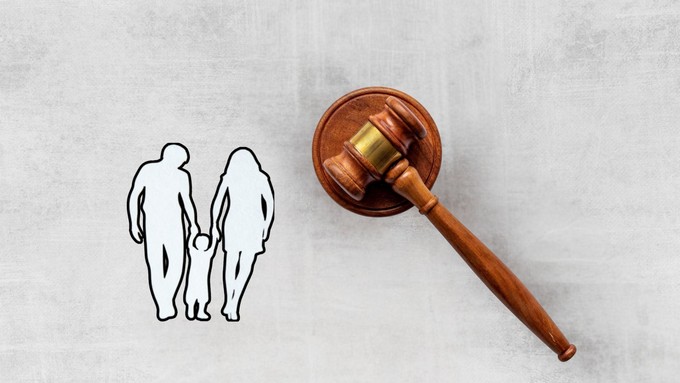Italian Court of Cassation, (Corte di Cassazione italiana), Civil Section I, No. 8369/2025, 30 March 2025

The Italian Court of Cassation has once again analysed a case of disagreement between parents as to whether to give their child the maternal surname in addition to the paternal one.
The question of adding the mother’s surname has become very topical in the light of Constitutional Court ruling no. 131/2022, which declared unconstitutional art. 262 of the Italian Civil Code in the part that provides, with regard to the hypothesis of recognition by both parents at the same time, that the child shall take the father’s surname instead of providing that the child shall take the surname of both parents, in the order agreed by them.
In the present case, a child born in 2015 to parents who were married to each other had been given only the paternal surname, in compliance with the law in force at the time.
Years later, the mother asked to add her own surname, citing various reasons of identity and affection, as well as emphasising the historical and cultural value of her name, which was even mentioned by Dante in the 16th canto of Paradise in the Divine Comedy. The father denied consent and, precisely because of this refusal, the Prefect rejected the change. The mother then decided to turn to the ordinary courts in order to settle the conflict between the parents.
The father defended himself by objecting to the lack of jurisdiction of the ordinary court, since – in his opinion – she should instead have turned to the administrative court, the only authority capable of ruling on the prefect’s refusal.
First of all, it is necessary to point out that the principle expressed by the Constitutional Court in 2022, concerning the moment at which the surname is attributed, which is generally linked to the acquisition of the status filiationis, is not directly applicable to the present case, in which the attribution of the surname took place prior to the aforementioned ruling. Instead, the present case concerns a subsequent addition of the maternal surname.
The most relevant aspects that emerge from the decision of the Supreme Judges are essentially two.
From a procedural point of view, the Court of Appeal of Florence, later endorsed by the Court of Cassation, clarified that the petition to change a minor’s surname, in the event of disagreement between the parents exercising parental responsibility, falls within the jurisdiction of the ordinary judge according to the provisions of Articles 316, paragraphs 2 and 3, and 337-ter, paragraph 3, of the Italian Civil Code. Indeed, the Prefect does not have the task of assessing the child’s interest, but only of detecting any formal defects.
On the merits, bearing in mind the principles expressed by the Constitutional Court, which recalled that the surname is an essential element of personal identity, protected by articles 2 and 22 of the Italian Constitution, the Court of Cassation – which is responsible for assessing the minor’s interest – held that the Court of Appeal of Florence had adequately motivated the decision to allow the addition of the mother’s surname, describing the father’s refusal as merely emulative and recognising instead the reasons – both historical and emotional – of the mother.
Nevertheless, the Supreme Court finally specified that the judge is not permitted to directly order the modification of the birth certificate. In fact, the judicial authority only has the power to authorise the mother as a representative to submit the request for amendment to the Prefect.
(Comment by Martina D'Onofrio)

